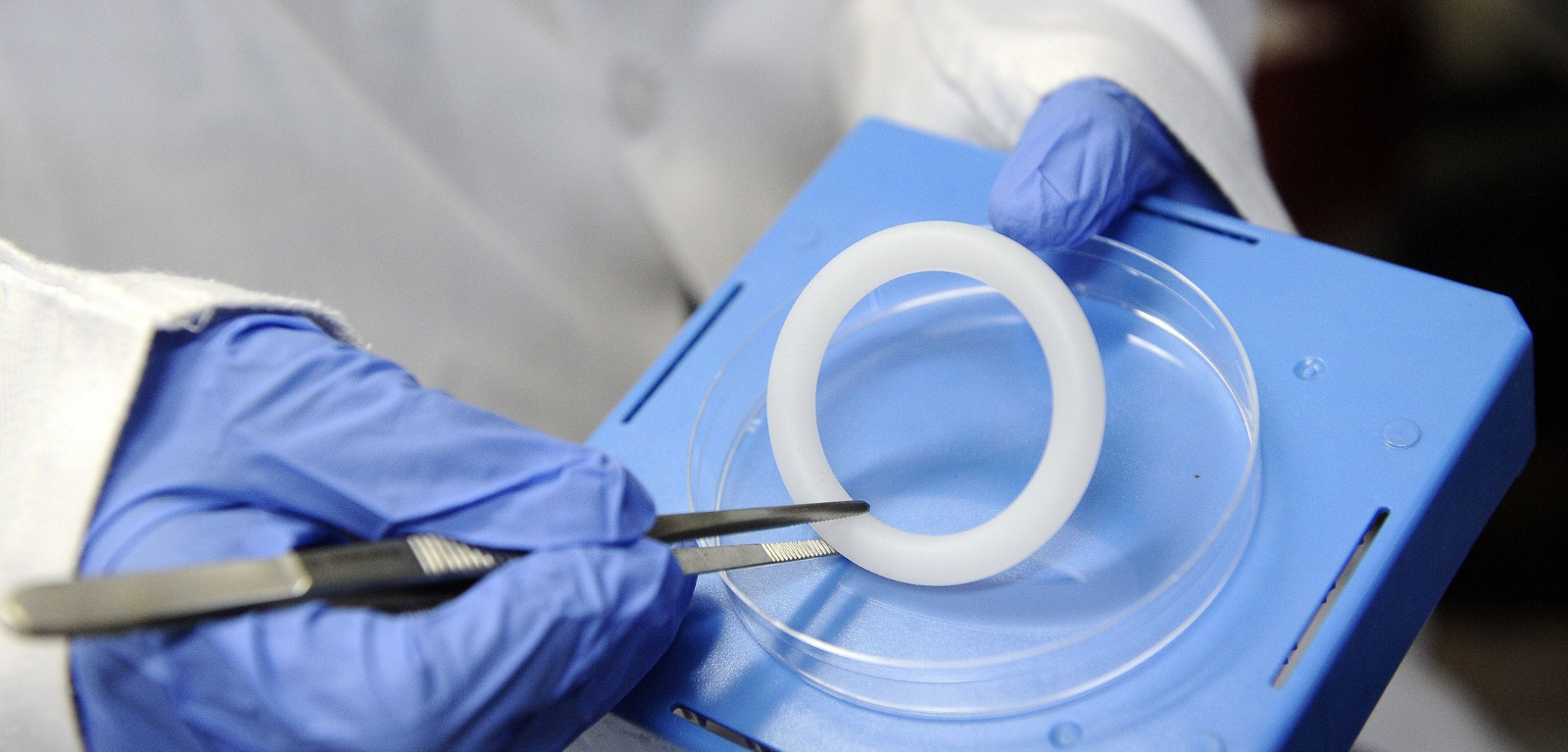Queen’s researchers involved in $11million project to develop new non-hormonal contraceptive product

Researchers at Queen's University Belfast, as part of a collaboration with the Population Council, Weill Cornell Medical College and Emory University, have been awarded $11million by the US National Institutes of Health (NIH) to develop a new contraceptive product for women that does not involve the use of hormones.
Professor Karl Malcolm and Dr. Peter Boyd of the School of Pharmacy at Queen’s University will help design, manufacture and test a long-acting multipurpose vaginal ring offering contraception and microbicidal activity against human immunodeficiency virus (HIV), herpes simplex virus (HSV), chlamydia, gonorrhea and bacterial vaginosis.
Despite extensive choice and increased availability, current contraceptive options are not meeting many women's needs, as is evident by high levels of use-failure, non-use, switching, and discontinuation.
Approximately half of all pregnancies (121 million) around the world are unintended and 218 million women have an unmet need for effective contraception.
New, practical and inexpensive contraceptive technologies having attributes more closely aligned with users’ needs and expectations are urgently needed to fill this critical healthcare gap.
According to Professor Malcolm, a leading expert in vaginal ring technology: “Many women would prefer a non-hormonal contraceptive method due to ongoing concerns around side-effects and increased health risks associated with hormone use. This innovative multipurpose vaginal ring device has the potential to improve the lives of millions of women globally by addressing the overlapping burdens of unintended pregnancy and sexually transmitted infections (STIs)."
Previous studies indicate that women overwhelmingly prefer products that prevent both pregnancy and STIs/HIV over those that prevent only pregnancy or only STIs/HIV. The new ring device – containing various copper, zinc, and acidic substances – is intended to be entirely female controlled and offer contraceptive efficacy over 30 days of continuous use.
Media
For media inquiries please contact comms.officer@qub.ac.uk